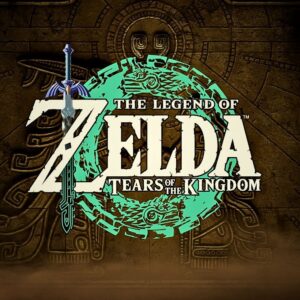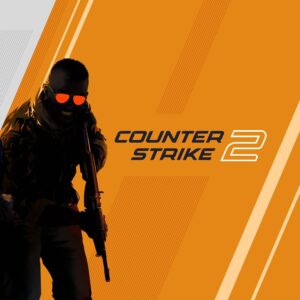The New Contender: How Floatopia is Poised to Become Nintendo’s Biggest Animal Crossing Challenge
Popular Now
 Fall Guys
Fall Guys
 Brawl Stars
Brawl Stars
 Genshin Impact
Genshin Impact
 R.E.P.O
R.E.P.O
 Warframe
Warframe
 Schedule I
Schedule I
 Stumble Guys
Stumble Guys
 BeamNG.drive
BeamNG.drive
 Roblox
Roblox
 Free Fire Max
Free Fire Max 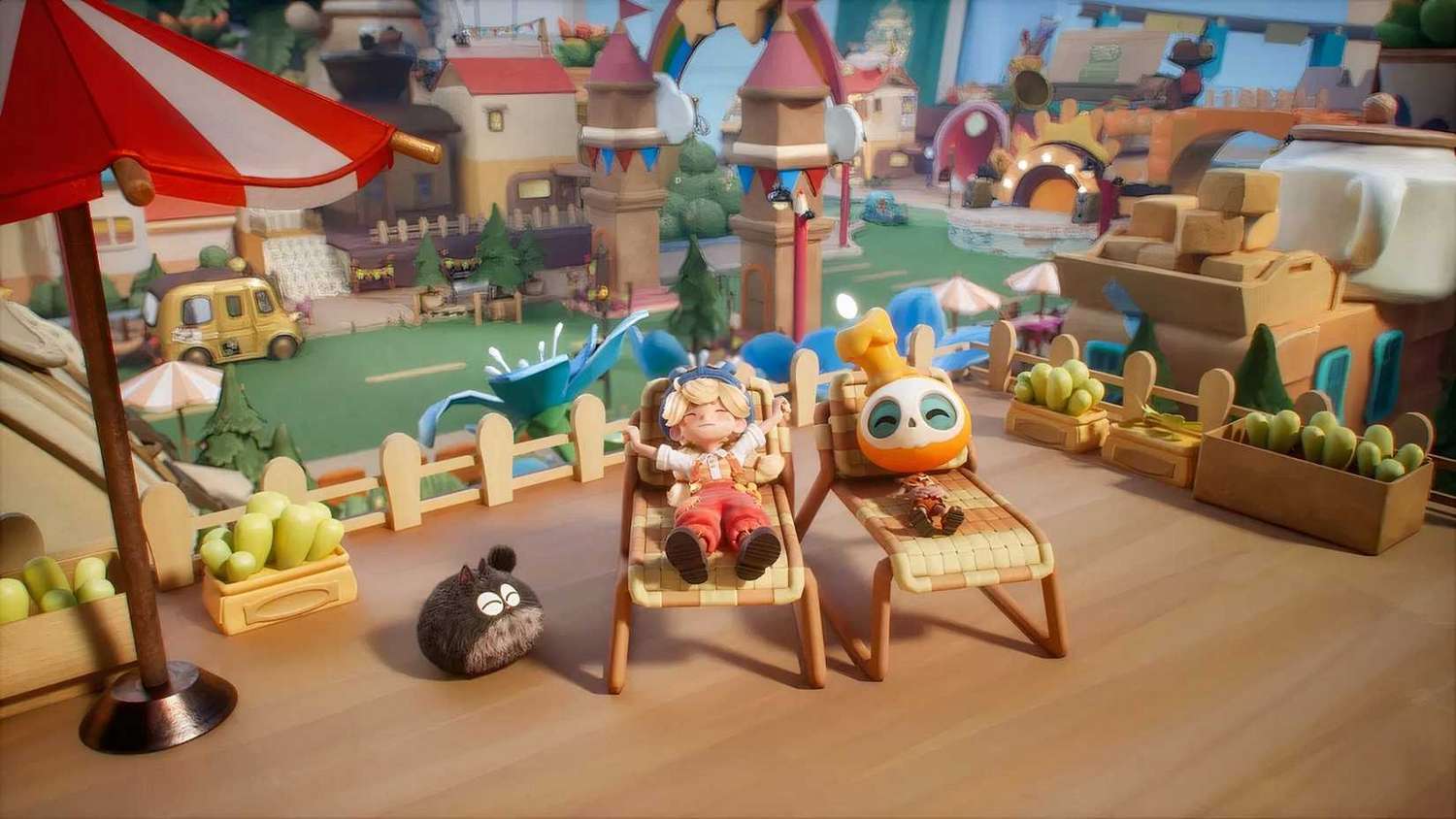 For years, Nintendo’s Animal Crossing: New Horizons has reigned supreme in the cozy life simulation genre, selling tens of millions of copies and defining the standards for laid-back, daily-check-in gameplay. The game’s success during the global lockdown solidified its status as a cultural phenomenon and a revenue powerhouse for the Japanese giant. However, a major new competitor is emerging on the horizon, one that deviates from the common Stardew Valley-like formula, taking direct aim at the king’s crown: Floatopia.
For years, Nintendo’s Animal Crossing: New Horizons has reigned supreme in the cozy life simulation genre, selling tens of millions of copies and defining the standards for laid-back, daily-check-in gameplay. The game’s success during the global lockdown solidified its status as a cultural phenomenon and a revenue powerhouse for the Japanese giant. However, a major new competitor is emerging on the horizon, one that deviates from the common Stardew Valley-like formula, taking direct aim at the king’s crown: Floatopia.
The Evolving Landscape of Cozy Life Sims
The digital entertainment market has seen a massive influx of life simulation games in the wake of Animal Crossing’s success. While many, such as the critically acclaimed Stardew Valley or the Disney-themed Dreamlight Valley, offer compelling experiences, they often lean heavily into farming mechanics, light combat, or an explicit story structure—elements that differentiate them enough to carve out their own niche without a direct, head-to-head clash with Nintendo’s title. The formula that propelled Animal Crossing to the top was its unique blend of open-ended creativity, real-time progression, and a total lack of pressure.
This is where new contenders like Floatopia, developed by a major player in the gaming sphere, come into sharp focus. Revealed recently with a compelling trailer that captivated audiences, Floatopia is one of the few upcoming games designed to directly capture the unstructured, free-form island management and social gameplay that made New Horizons a top-selling game on the Nintendo Switch platform.
Floatopia’s Ambitious Design and Core Appeal
Unlike many competitors that follow a predictable farming loop, Floatopia puts a unique, ambitious spin on the island life concept. Set in a world recovering from an apocalyptic event—a surprisingly dark underpinning for a cozy game—players are tasked with building a thriving community on a series of floating islands. This core premise allows for innovative gameplay mechanics that directly challenge Animal Crossing’s static island map: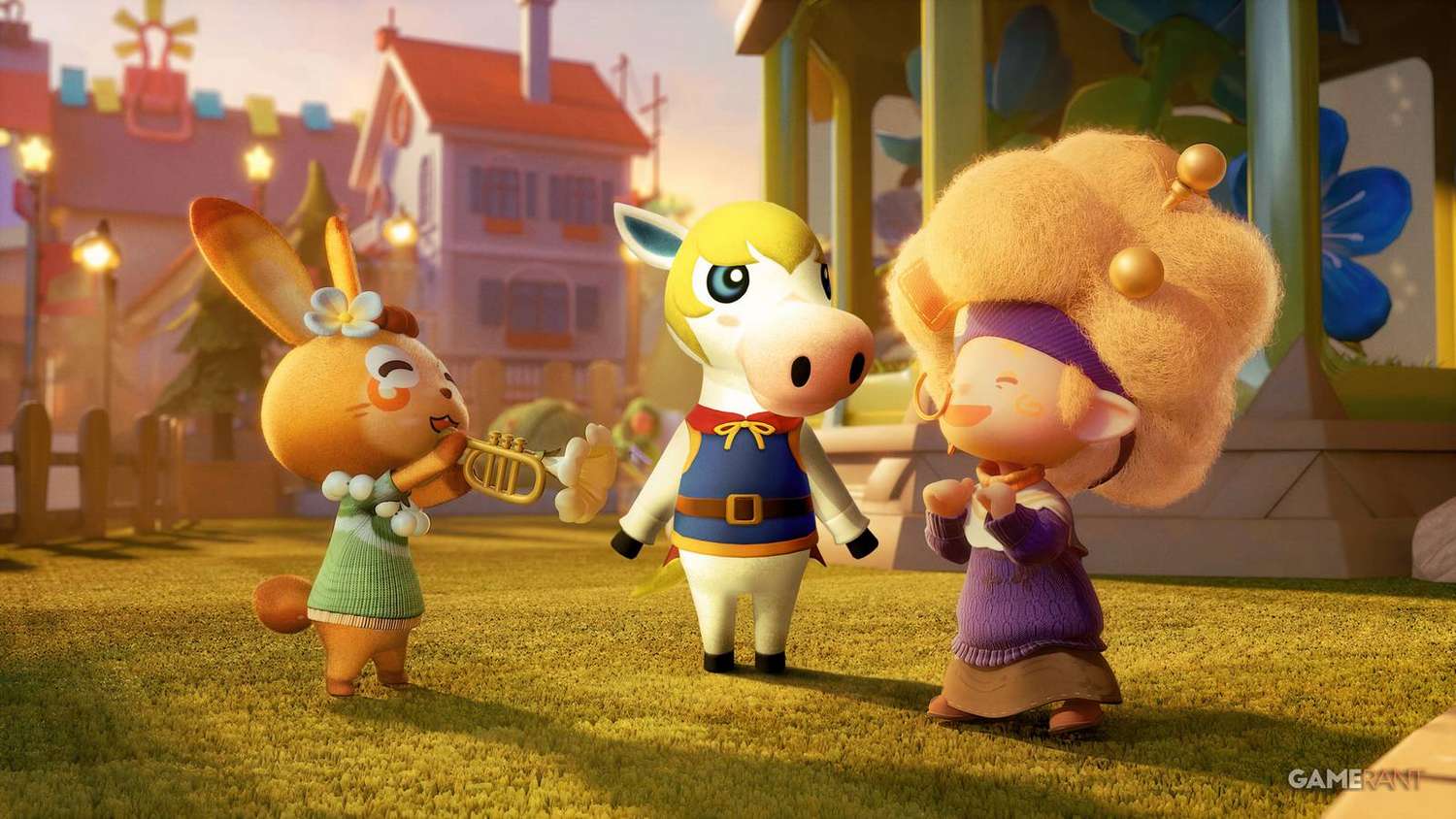
- Dynamic, Floating World: The ability to expand and customize the terrain is not just decorative; it’s a core mechanic. Players will likely need to strategically connect and terraform islands, offering a deeper level of construction and management than its rival.
- Superpowers and Unique Progression: Initial announcements hint at players having unique abilities, such as controlling the weather or instantly watering crops. This supernatural element injects an entirely new layer of player agency and progression that goes beyond the typical tool-upgrades of most farming simulators.
- Open-World Exploration and Community Building: While the social element is crucial, the game appears to offer a vast, explorable environment. The objective of restoring the world provides a more explicit, engaging long-term narrative than the soft-goals in Animal Crossing, which often left players wanting for more structured content post-launch.
The visual style is distinctly charming and colorful, clearly aiming for the same broad, family-friendly market that Nintendo dominates. By mirroring the aesthetic and the fundamental goal of creating a personalized, idyllic space, Floatopia is positioning itself as the true, next-generation alternative for fans of the genre who are seeking a fresh, structurally similar, yet mechanically distinct experience.
High-Stakes Competition in the Life Simulation Genre
The commercial success of Animal Crossing—selling over 48 million units globally—has established the life simulation space as a multi-billion-dollar segment of the video game industry. This level of proven market demand is a huge factor in the substantial investment and development resources being poured into games like Floatopia.
Industry analysts suggest that the high cost per click (CPC) for keywords related to “Animal Crossing alternative,” “cozy farming sim,” and “best life simulation game” indicates strong advertiser confidence and intense competition. The marketing push behind Floatopia and other major 2025 releases like Fantasy Life i: The Girl Who Steals Time and Hello Kitty Island Adventure’s Switch launch underscores a crucial trend: the market is ready for a new champion.
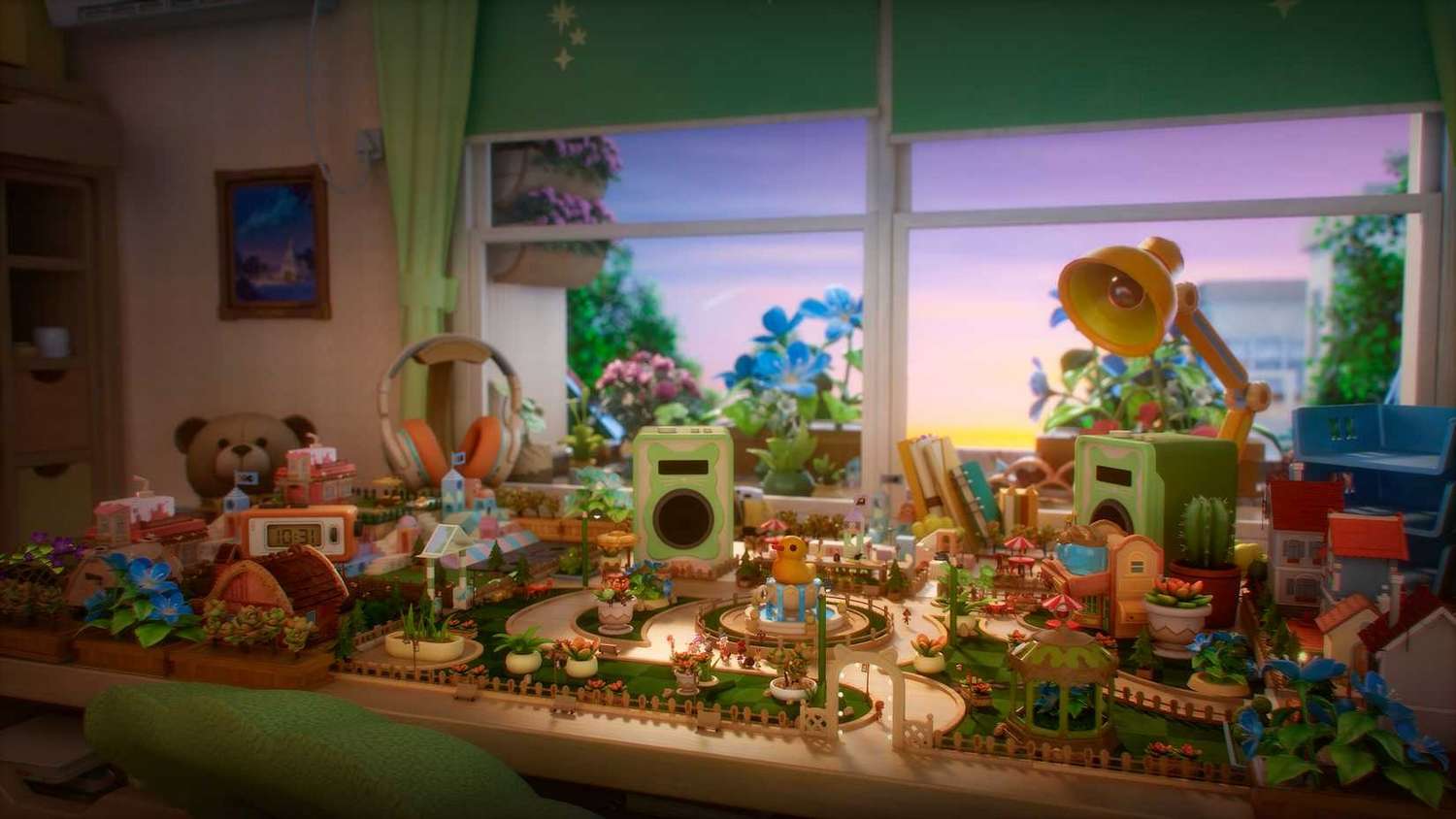 Floatopia’s broad 2025 release window, along with sign-ups for early playtests, signals a methodical strategy to build a dedicated community early on. If the game delivers on its promise of an unstructured, creative, and engaging life sim, it will not just be a decent alternative—it will be a direct threat to Nintendo’s long-standing dominance.
Floatopia’s broad 2025 release window, along with sign-ups for early playtests, signals a methodical strategy to build a dedicated community early on. If the game delivers on its promise of an unstructured, creative, and engaging life sim, it will not just be a decent alternative—it will be a direct threat to Nintendo’s long-standing dominance.
The Takeaway: The battle for the top cozy game title is heating up. Floatopia’s distinct premise, backed by significant funding, suggests it’s the first real contender in years to effectively challenge the gameplay loop and enormous market share of Animal Crossing: New Horizons. This evolving competition is excellent news for gamers eager for new, high-quality experiences within the beloved life sim category, and it’s a narrative that the entire gaming press will be following closely.

